Pacific Health Sciences / ClearLabs – Super-Blue Methylene blue (MB) is a synthetic compound with a rich anti-aging profile. It has been used for over a century in both clinical and research settings. Its mechanisms of action and physiological effects are diverse, involving cellular respiration, redox biology, enzyme inhibition, and even neurotransmitter modulation. Here’s a breakdown of how it works, with a focus on chemical and physiological changes — including effects on the heart.
🧪 Chemical and Cellular Mechanisms
1. Electron Transport and Mitochondrial Respiration
Methylene blue acts as an alternative electron carrier in the mitochondria, particularly when Complex I or III of the electron transport chain (ETC) is dysfunctional.
It accepts electrons from NADH and passes them directly to cytochrome c, bypassing damaged parts of the ETC.
Result: Increases ATP production, reduces oxidative stress, and supports cellular energy metabolism, especially under stress conditions (e.g., hypoxia or mitochondrial disease).
2. Redox Cycling
MB alternates between oxidized (blue) and reduced (colorless, leucomethylene blue) states.
This redox cycling:
Scavenges free radicals (antioxidant-like effect)
Reduces oxidative damage to DNA, proteins, and lipids
Helps recycle NAD+ from NADH, maintaining glycolysis under stress
3. Nitric Oxide Synthase and Guanylate Cyclase Inhibition
MB inhibits nitric oxide synthase (NOS) and guanylate cyclase, reducing cyclic GMP (cGMP) levels.
This reduces pathological vasodilation, which is why it’s used to treat vasoplegic shock and refractory hypotension.
🧍♂️ Physiological Effects
1. Cardiovascular System (Effects on the Heart and Blood Vessels)
🔹 Improves Vascular Tone
By blocking excessive nitric oxide and cGMP, MB can tighten excessively dilated blood vessels, improving blood pressure and systemic vascular resistance.
Beneficial in septic shock and cardiopulmonary bypass-induced vasoplegia.
🔹 Supports Myocardial Efficiency
By improving mitochondrial function, MB helps cardiomyocytes (heart muscle cells) maintain ATP production, especially in hypoxic or ischemic conditions.
🔹 Anti-arrhythmic Potential
Some studies suggest MB may stabilize cardiac rhythm by modulating calcium signaling and ion channel activity, though this is not its primary clinical use.
🧠 Neurological and Cognitive Benefits (Secondary to Mitochondrial Action)
Enhances cognitive function, memory, and neuroprotection.
Being explored in Alzheimer’s disease, Parkinson’s, and traumatic brain injury.
Supports monoamine oxidase (MAO) modulation and acetylcholine availability.
📌 Final Note
Methylene blue is a powerful compound, but dosing matters — too much can paradoxically cause oxidative stress, serotonin syndrome (in those on SSRIs), or hemolysis in people with G6PD deficiency. Always consider clinical context and contraindications.
Super-Blue Methylene Blue 2 oz
🧪 Clinical Insight Only: Methylene Blue and Cardiac Rhythm
While not a mainstream antiarrhythmic, MB has shown:
Reduction in ventricular arrhythmias in animal models under oxidative stress
Improved contractility in weakened hearts (through mitochondrial support)

💊 Suggested Dosing (Based on Research and Biohacker Use)
✅ For Acute Use:
1–3 mg orally has been reported to improve clarity, alertness, and energy quickly.
1 dropper squeeze = approx. 1mg of >99% pure USP Grade Methylene Blue

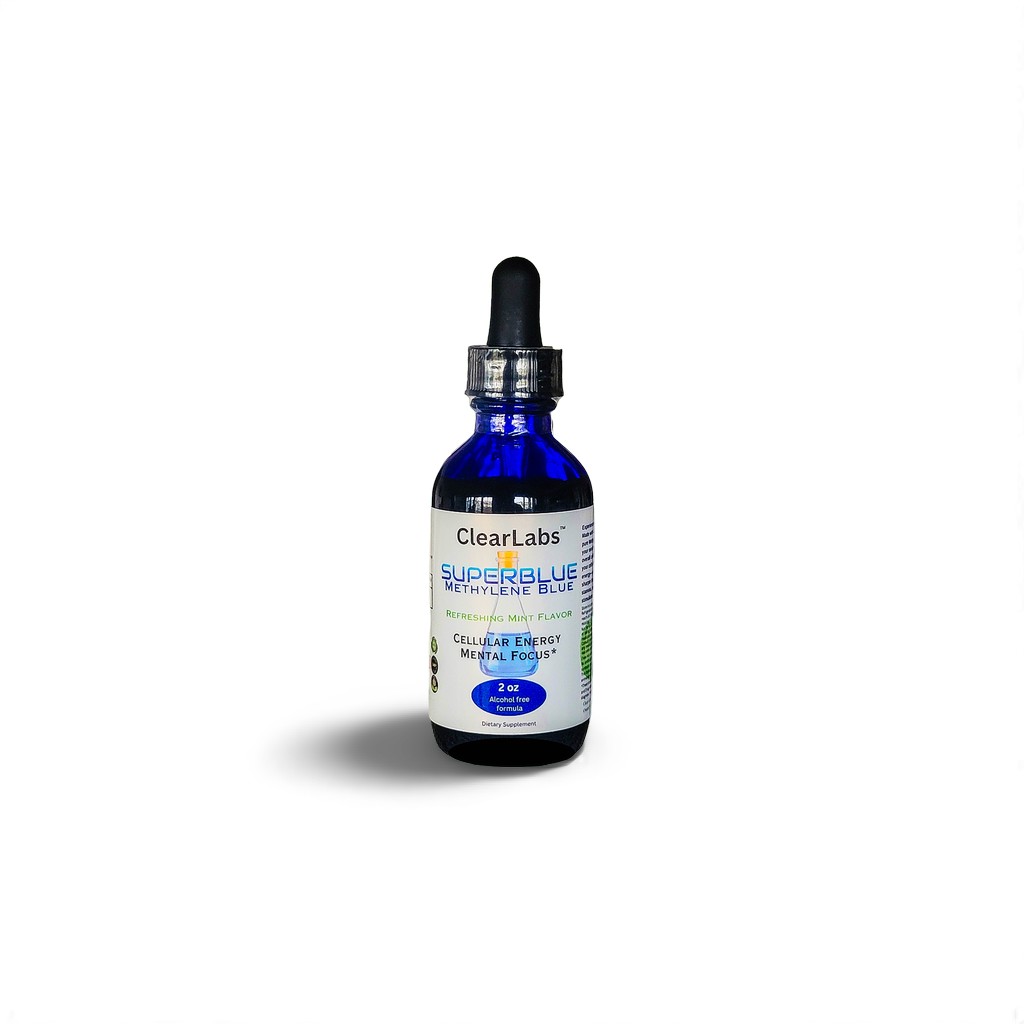
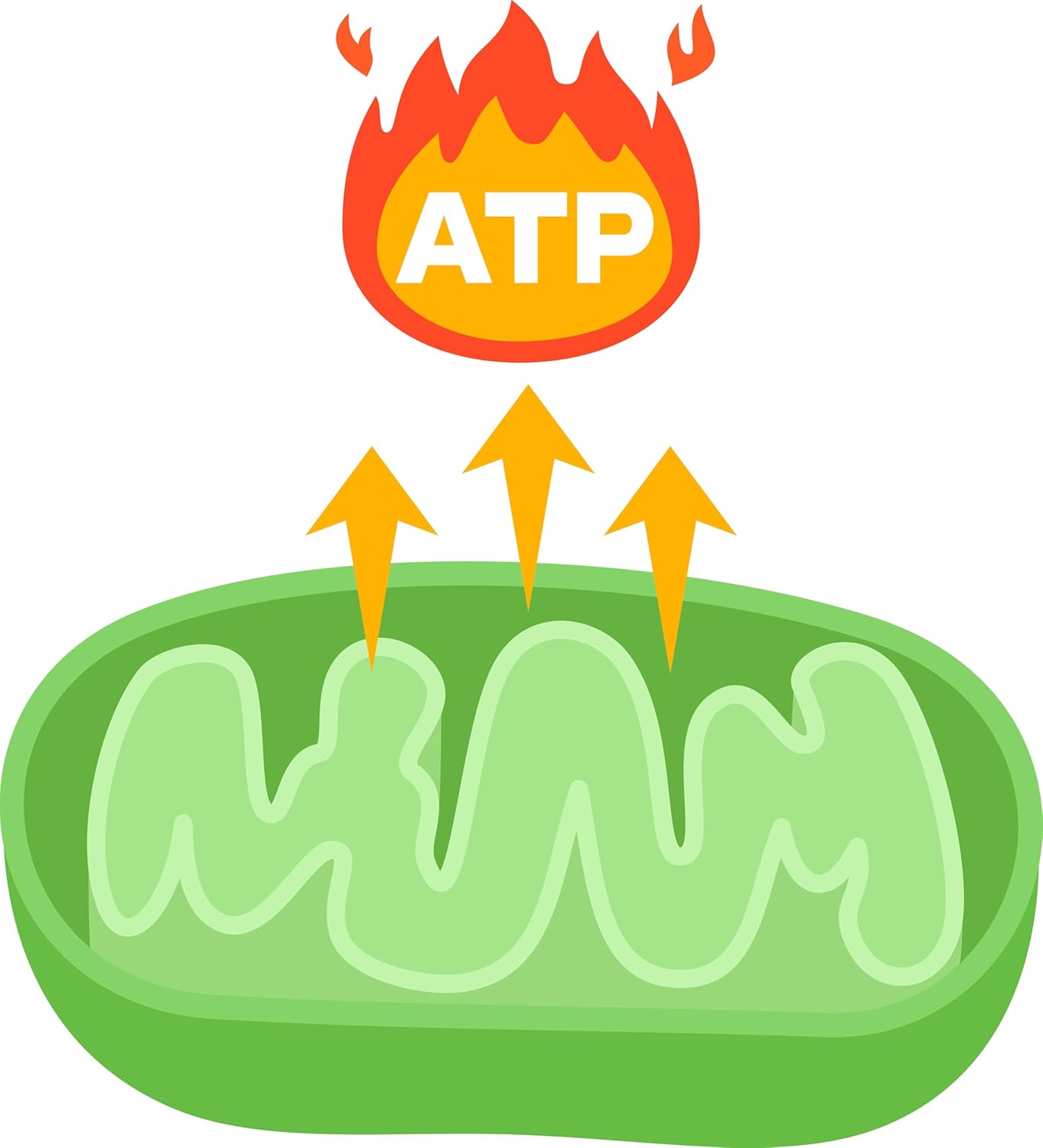

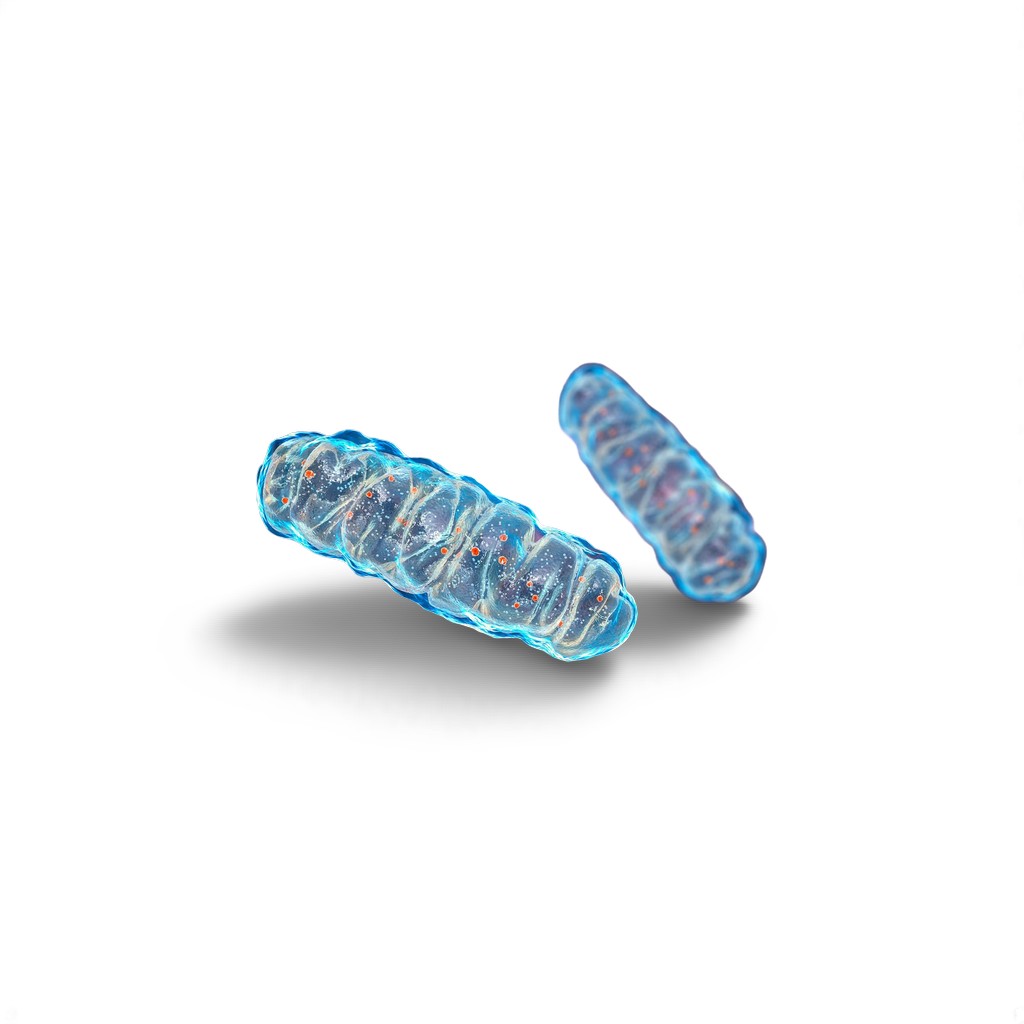

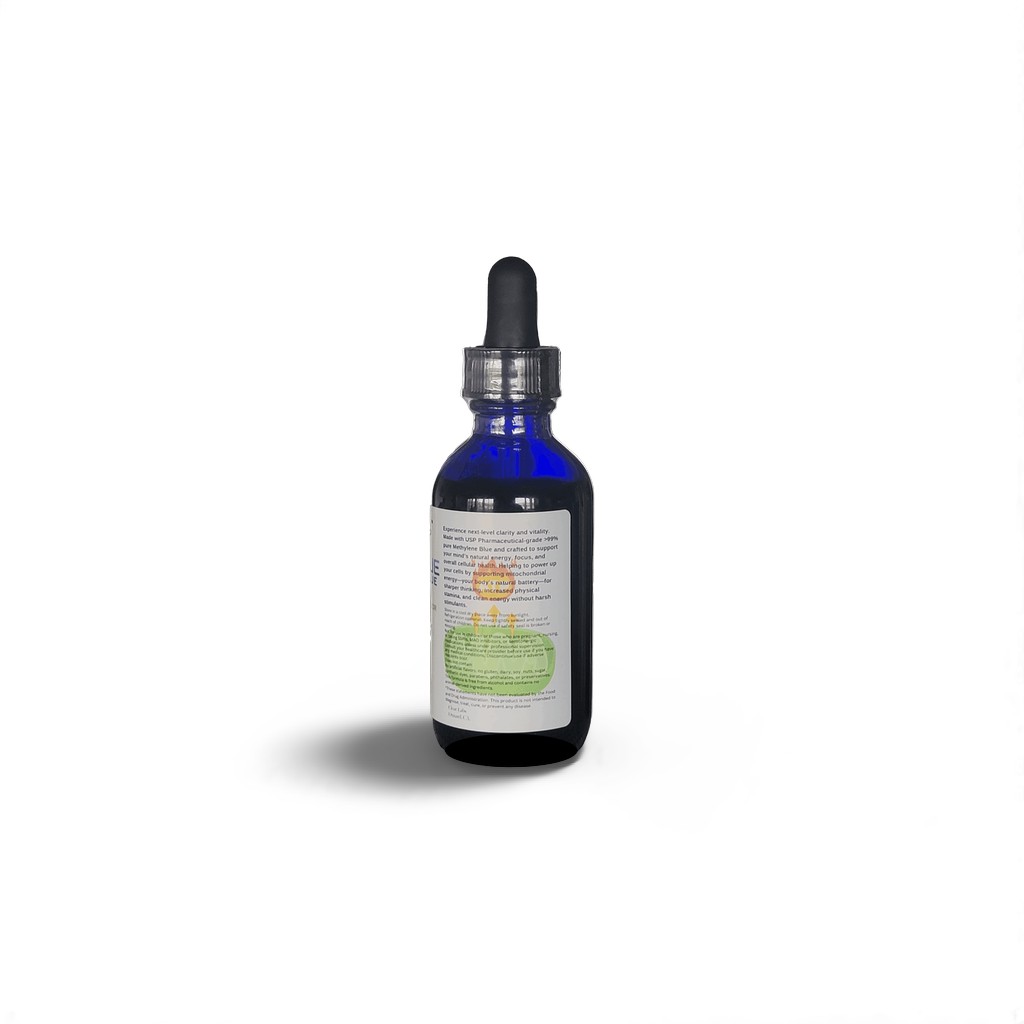
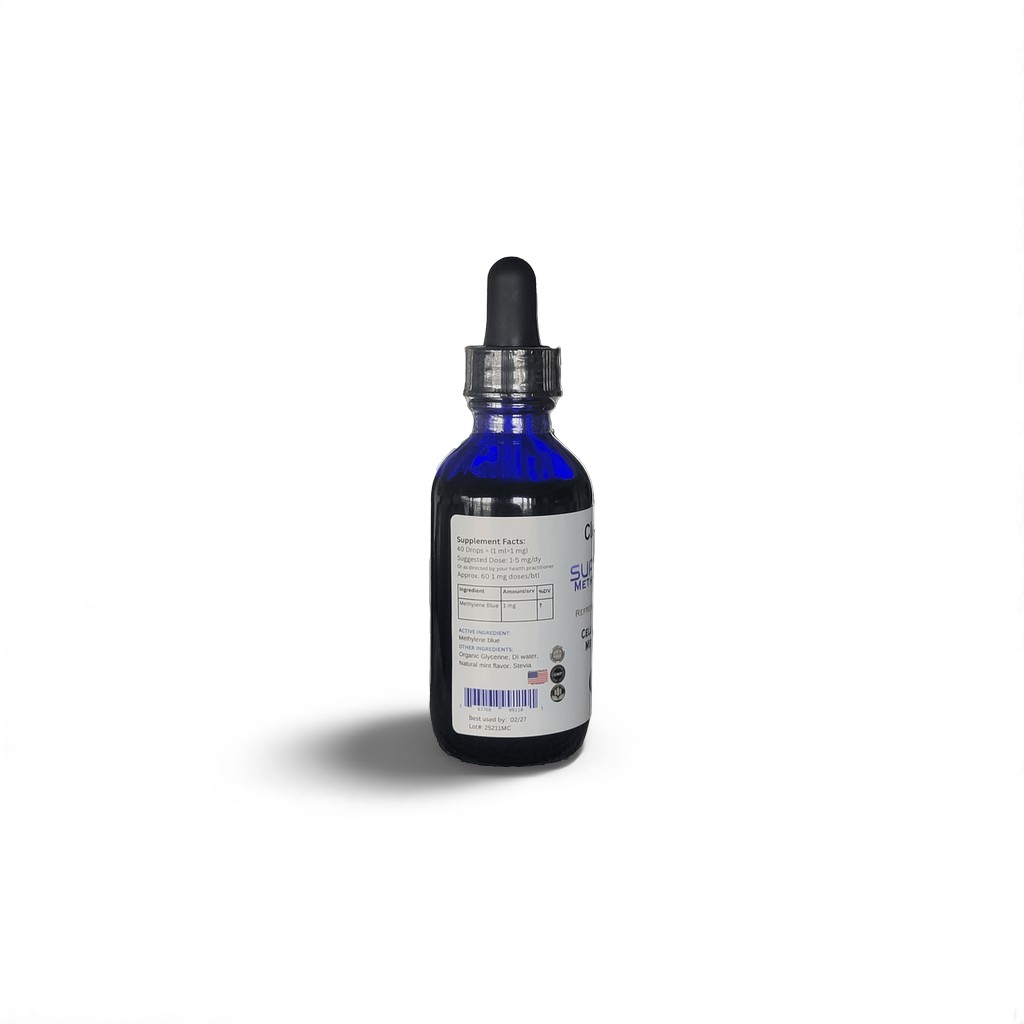
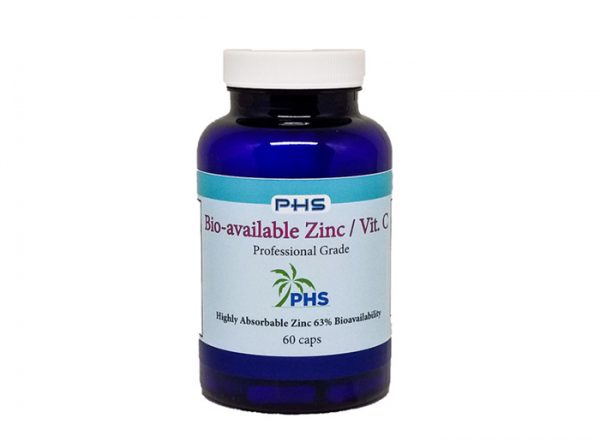
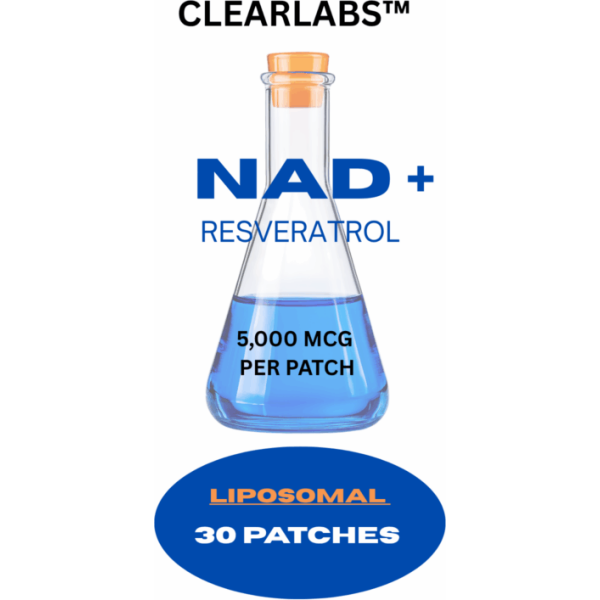
Reviews
There are no reviews yet